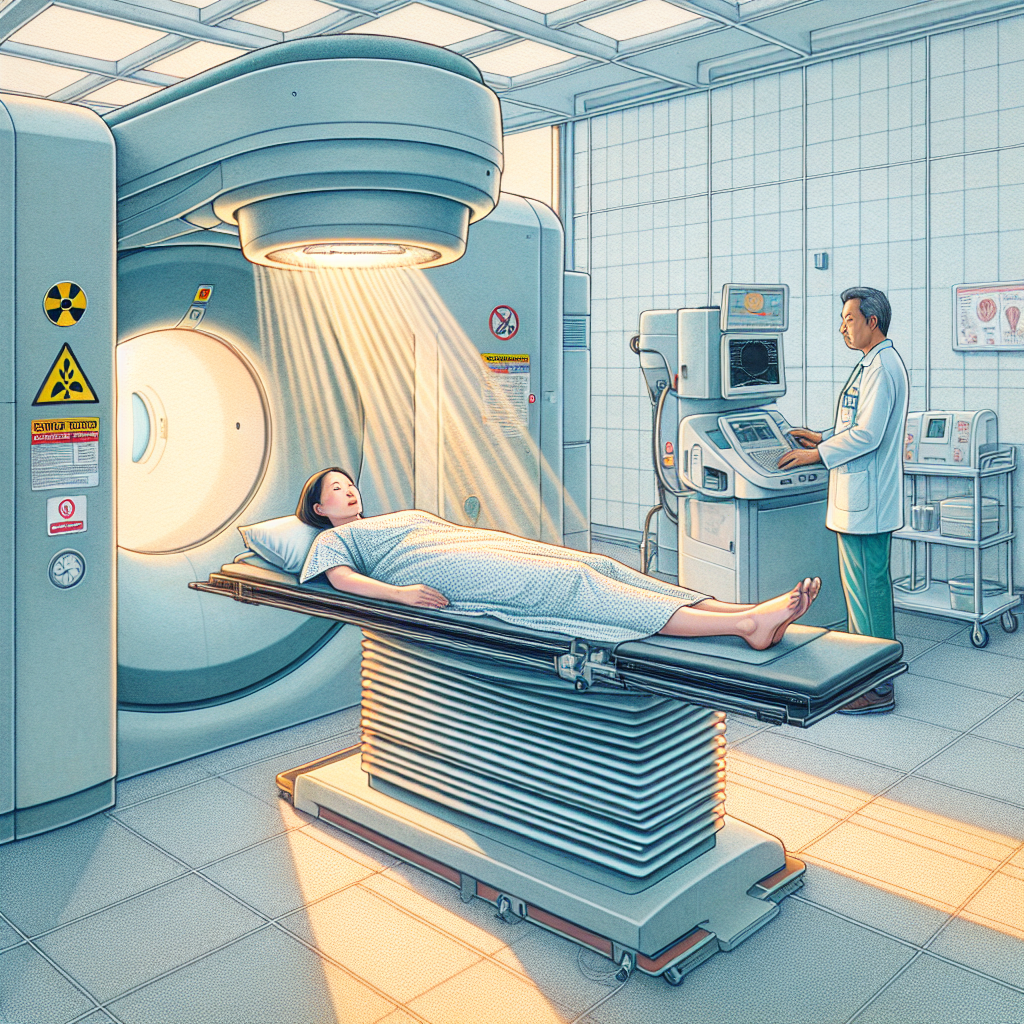Breakthrough in Bladder Cancer: Indian Study Validates Radiation Therapy Post-Surgery
A groundbreaking Indian study, the BART trial, highlights that radiation therapy post-surgery safely reduces pelvic relapse in muscle-invasive bladder cancer. The study, presented at the ASTRO Annual Meeting, supports adjuvant radiotherapy as a standard option for high-risk cases, showcasing India’s contribution to global cancer treatment advances.

- Country:
- India
In a significant advancement in cancer treatment, a study from the Tata Memorial Centre (TMC) in Mumbai has demonstrated the efficacy of radiation therapy following surgery in reducing pelvic relapses in bladder cancer patients. This breakthrough was revealed at the American Society for Radiation Oncology's (ASTRO) Annual Meeting, a premier platform for oncological research.
The Bladder Adjuvant Radiotherapy (BART) trial, the largest of its kind globally, provides robust evidence favoring this approach for patients with locally advanced, muscle-invasive bladder cancer post-cystectomy. The findings mark a major milestone in dealing with bladder cancer, a severe challenge that continues to affect thousands annually in India alone.
Dr. Sudeep Gupta, Director of TMC, celebrated the study's international recognition, emphasizing its potential to benefit patients globally. Dr. Vedang Murthy, leading the research, noted that modern radiation techniques significantly improve outcomes and quality of life for sufferers. The study's success underscores India's growing role in leading impactful health innovations.
(With inputs from agencies.)










